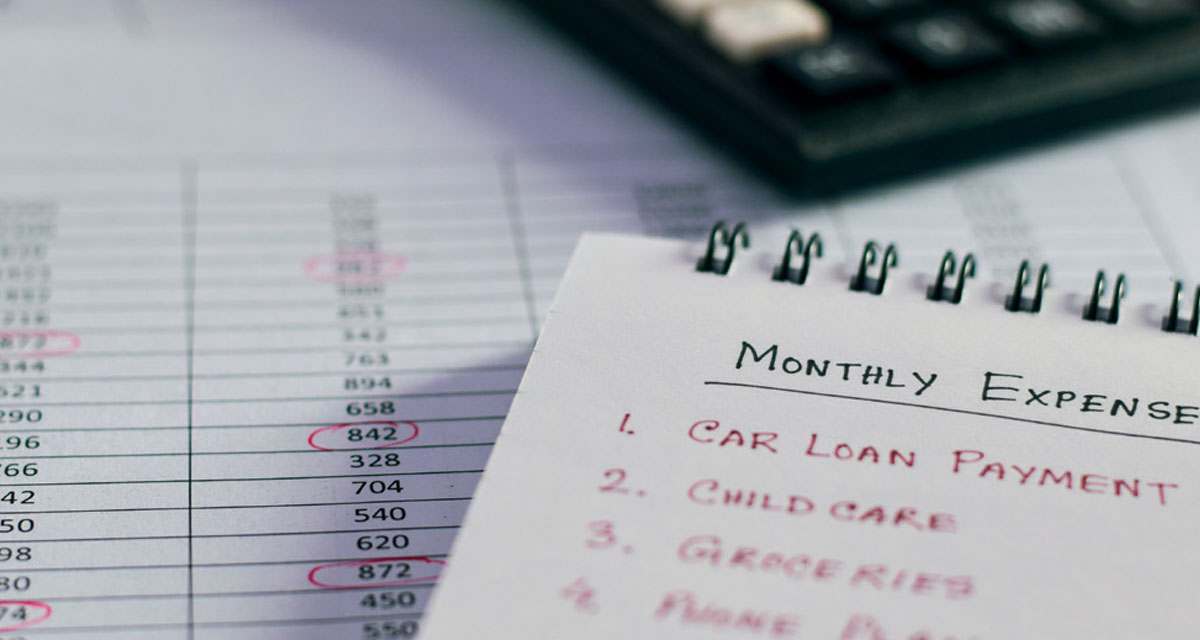Definition of Recession: A period of temporary economic decline during which trade and industrial activity are reduced, generally identified by a fall in GDP in two successive quarters. From Oxford Languages.
The problem with recessions is that we’ll probably be in the middle of one or exiting one before a committee of eight economists at the National Bureau of Economic Research makes the official call.
With that lack of precision in mind and the fact that many media outlets, economists and data points are suggesting that we will be in a recession in 2023, let’s think about how to prepare for one.
Here are some ideas to help recession proof your finances:
The last recession was the Great Recession. It officially started in December 2007 and ended in June 2009, according to FederalReserveHistory.org. Unemployment rose from 5 percent to 10 percent, the value of homes dropped 30 percent and the S&P 500 fell 57 percent.
Unemployment: Usually the prospect of losing a job is the scariest part of a recession. The threat of an extended period of reduced income and the loss of health insurance – especially for those who are living paycheck-to-paycheck – can be terrifying.
The most proactive step to recession-proof your finances is to make yourself indispensable at work. Look for ways to go above and beyond what is expected and develop your skills so you are an expert in one or more essential functions at work. In other words, make your company think twice or three times about eliminating your job because of the critical skills that you offer.
Emergency fund: An emergency fund with at least six months of income saved in a money market fund or a savings account will make a recession less traumatic. This money will ensure that you are able to pay necessary expenses – food, utilities, rent, mortgage, etc. – if you lose your job.
Reduce spending: Eliminate unnecessary expenses as quickly as possible. Look at every expense for the last three months and ask yourself and the members of your family whether a particular expense can be reduced or eliminated. Here are some specific items to consider: streaming services, cable services, eating out, cell phones, memberships, subscriptions, entertainment, clothes, extra groceries, hair and nail care, bottled water and expensive coffee.
New sources of income: Fortunately, side hustles and the gig economy have never been easier to enter. There are now many ways to earn extra money through rideshare apps, delivery services, freelance opportunities or making part of your home an Airbnb destination. One or more of these options has the power to significantly reduce the financial pain and anxiety of a recession.
Debt: When the economy is healthy, debt is a tool to increase your purchasing power and the opportunities that you and your family can enjoy. But the risk of layoffs and significantly reduced income can make even small debts a burden.
If you are able, now is the time to eliminate as many debts as possible, and to avoid taking on any additional debt.
An opportunity: Recessions are never fun. But if you approach the economic turbulence of a the recession as an opportunity to find additional sources of income, strengthen your financial position, build an emergency fund and pay off high-interest debt you will reap the bene-fits long after recession of 2023 has become a distant memory.
Truliant can help: Truliant has a series of financial tips by Chris Browning, one of the top financial podcasters in the country. He has several Truliant videos about preparing for a recession: truliant.org/moneyburst.






















